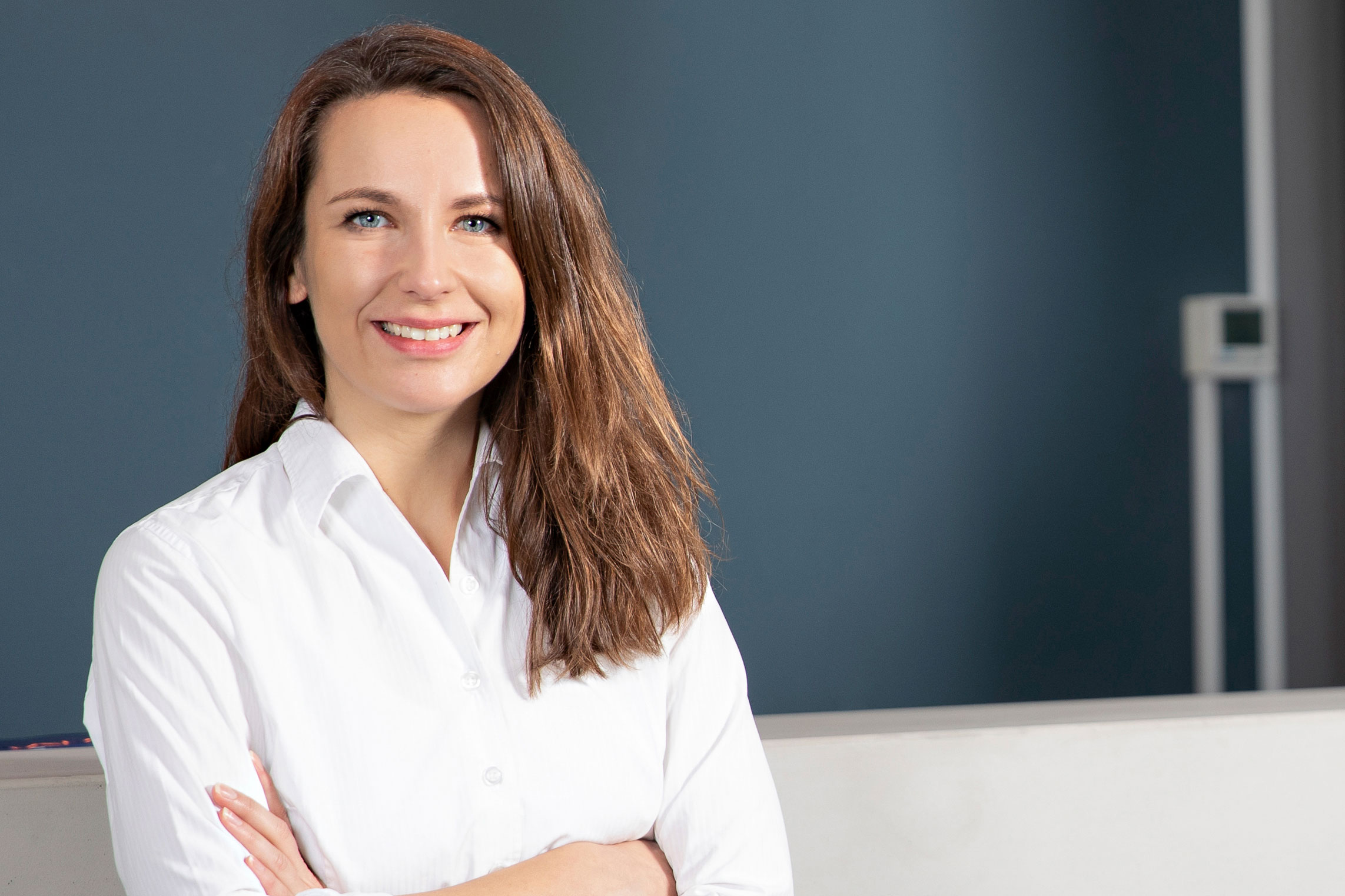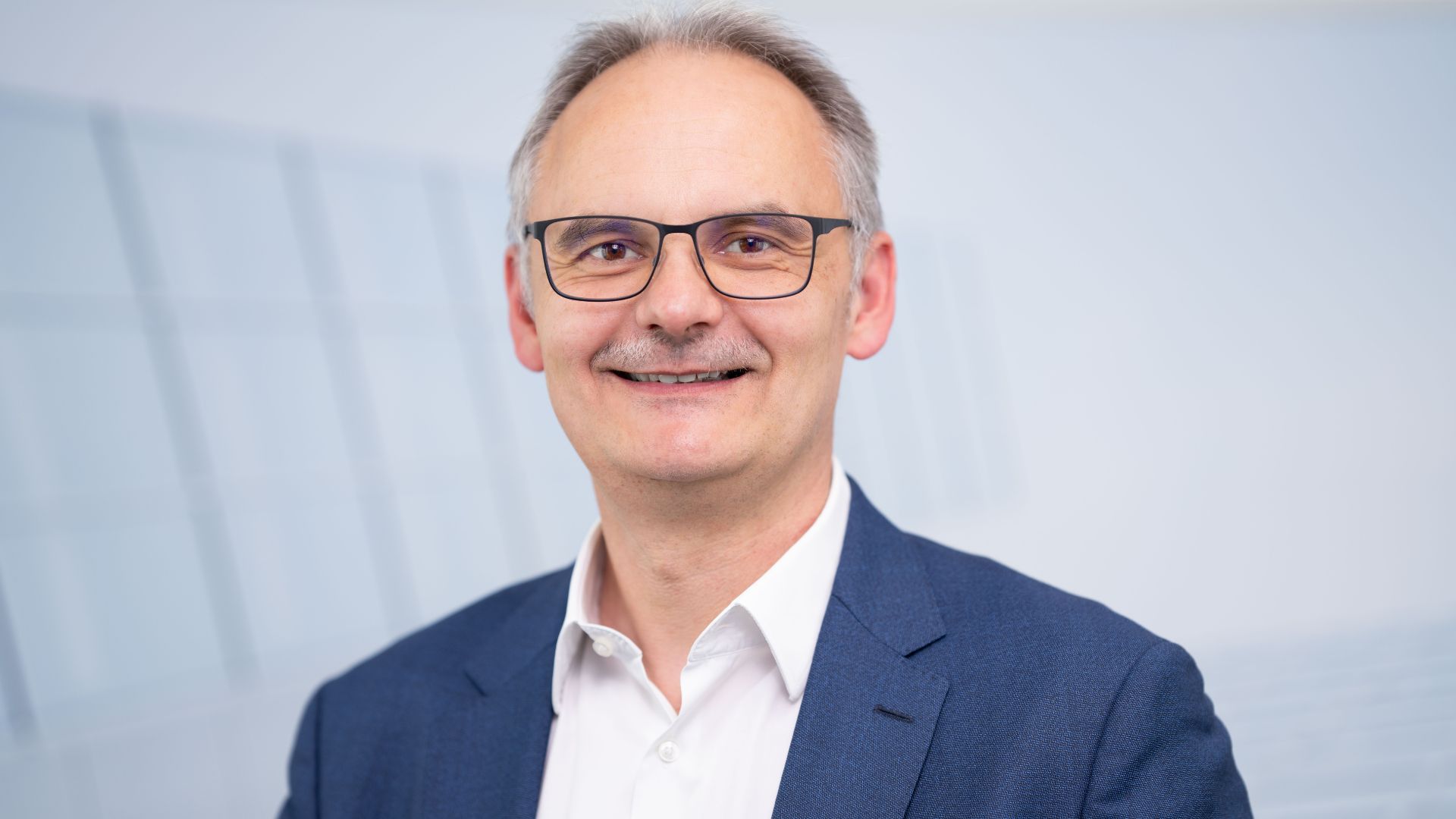May we introduce: Christin Friedrich from Innovestment GmbH
Working in the FinTech industry is like coming and going, requires a high degree of professionalism in a thoroughly relaxed working environment and is above all characterised by innovation as well as good, clever and future-oriented ideas, according to the widespread consensus. But who are actually the brains and movers behind these creative thought processes, at the intersection of finance, digital technologies and entrepreneurship? In our Faces of FinTech series, we regularly ask one person from the payments and banking industry the same ten questions. This time Christin Friedrich answers our questions.
May we present…
In the course of our day-to-day work, we frequently encounter exciting people who work in the same field, who we meet only once or every now and then, or who have even grown very fond of us privately – each of them has a story of their own. We interviewed a few of thesepeople from our closest FinTech environment to put a face to them. To share why this industry is much more to them than just another way to pay his rent. We would like to briefly portray and introduce these people and their vita in a category of their own and have designed a questionnaire that is always the same. This time Christin Friedrich answers our questions. Christin is the managing partner of the Berlin-based fintech Innovestment GmbH.
Who are you, what do you do?
I am Christin Friedrich, an entrepreneur, and I am burning for the transformation to a more entrepreneurial and sustainable pluralistic society, with less bureaucracy and more freedom. This is what I am committed to as CEO of the financing platform Innovestment and Chair of the European Crowdfunding Network (ECN). Bringing more joy and lightness to the topic of finances and taking the taboo out of it is a particularly important concern for me.

I believe in the innovative power of the global community, where through its diversity of good ideas and actions we build a future we want to live in. That is why I am convinced of the principle of crowdfunding as a “funding family”. It enables people to invest their money in meaningful, forward-looking projects run by passionate entrepreneurs.
When did you first notice the word FinTech?
That must have been 2010-11. At the time, I was living in Iceland and working on my first startup. Reykjavik attracts a lot of creative minds. Even back then, the Bitcoin phenomenon and the idea of distributed ledger technology was a big deal; Iceland was just then becoming a cryptomining hotspot because of cheap, abundant green geothermal energy.
As a result, I have been fortunate to discuss the latest trends with many exciting people. In the course of these discussions, the term FinTech has also been used time and again. At the time, however, I didn’t realize that it would become a standing term for a very diverse industry.
What were your first encounters with the payment and banking industry?
I had my first contact with payment & banking during my studies at the Zeppelin University in Friedrichshafen. At that time, I was working on finance as a management tool, especially for the public sector. When I joined the Innovestment founding team in 2012, the business perspective was added – aspects such as product, business models, customer centricity or marketing and of course corporate finance and investments.
Since then, I’ve been fortunate to meet many movers and shakers in the community who are rethinking and building the payments & banking industry. The diversity and the great social impact of the industry, both nationally and internationally, inspire me. However, in terms of customer friendliness, simplicity and social penetration of FinTechs, we still have room for improvement. I am sure that we will see exciting new business models in the coming years.
How do you define FinTech?
FinTechs are young companies in the financial services industry that – supported by innovative technology – develop new business models close to customer needs.
What do you think established companies do better than FinTechs?

In many areas, established companies have better conditions than FinTechs to be successful, it always depends on the individual company. The good examples of established companies have solid, reliable structures as well as staff and management with a lot of experience.
They maintain a long-term, trusting relationship with their clients and have developed a good understanding of their needs and built trust. Their strong brand attracts talent. They have enough capital to invest in people and technology. And if growth capital is still needed, their track record gives them easier access to banks or the capital market.
What can you learn from FinTechs?
FinTechs think from the customer’s benefit right from the start. They question the status quo, test their assumptions step by step directly with the target group and can thus refine their product or service to perfection. Moreover, by constantly analyzing data, they can better validate their assumptions, iterate on the right things, and leave behind the things that don’t work without much effort. In all operations, the focus is on the user experience with simple processes.
By fully automating processes – both internal and external – they can scale better and keep costs down. All of this takes courage to break new ground and an agile, entrepreneurial team that can handle uncertainty well. FinTechs need a strong vision and a healthy learning and feedback culture. Only then can they retain the talent in the long run and keep the focus through all the ups and downs. This also includes participation in the company’s success.
Conclusion: FinTechs can react faster to changes due to their agility, better anticipate the future due to their urge to learn and rewrite the rules of the game in case of doubt.
Why do established (large) companies have such a hard time with digitalization?
Humans are creatures of habit and like to avoid potential risks.
Digitization also means leaving silo thinking behind. It is not enough to digitize existing processes. Instead, previous processes and sometimes entire business models must be questioned and optimized instead of just improving them step by step. This requires digitization skills like product management and UX expertise and a lot of “customer obsession”.
The fear of losing control leads to a restriction of freedom and thus of the creativity and independent work of the employees. The necessary agility is only possible through short decision-making processes and personal responsibility. Restrictions on the use of external tools for data protection or security reasons undermine additional potential. Because developing your own tools and reinventing the wheel is not only cost-intensive, but can also be frustrating for both internal and external users due to the often modest UX of in-house developments. Building on existing legacy structures doesn’t make it any easier.
In addition, there is the short-term perspective, because listed companies in particular often only think in terms of quarterly figures and not in terms of generations. Moreover, managers are not necessarily entrepreneurs, which can have an impact on their courage and motivation to change things. Why take risks when it can jeopardize your own position? The lack of a failure culture in Germany and corporate cultures with rigid structures and political constraints also play a role here. That is why many large companies do not change until they are forced to do so by the market through new competition.
“Managers are not necessarily entrepreneurs, which can have an impact on their courage and motivation to change things.”
Overall, I notice that more and more companies have recognized the importance of digitization and are tackling it courageously. At least that is what I observe in the context of my involvement in the Innovation & Technology Committee of the Berlin Chamber of Commerce and Industry.
What would you do for a living if you weren’t working in the payments and banking industry?
I would be an entrepreneur even then and invest in startups on the side. I also love the mix of philosophy, art, technology and science. At some point, I’d like to create an international collaborative space where the most creative, holistically-minded minds can grapple with the design of a livable future, and not just talk the talk, but actually walk the walk.
Which company would you like to work for one day?
At Chicago software company Basecamp (formerly 37signals). The team around CEO and Co-Founder Jason Fried has managed to build a terrific company culture remotely since 1999. All while using their proprietary team/project management tool, which we also enthusiastically use at Innovestment. Then I can learn directly from the source how we can use Basecamp even better for our purposes.
Who would you like to have a beer with?
With Russell Brand, because he so unconventionally, authentically, with a lot of humor and passion, takes apart the status quo and existing beliefs super smart and asks essential questions that need to be discussed without ideology and biases.





